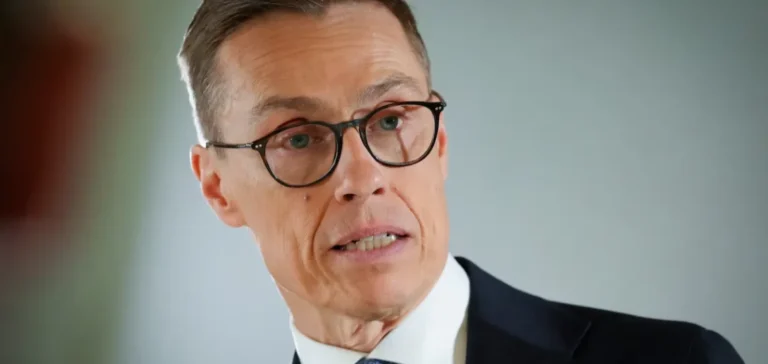President of the Republic of Finland, Alexander Stubb, stated that oil and gas purchases from Russia by Hungary and Slovakia indirectly support Russia’s military effort in Ukraine. This statement was made during a joint press conference with Ukrainian President Volodymyr Zelensky during an official visit to Ukraine. Both leaders expressed a shared concern over the continued energy flows between certain European Union member states and Russia.
Existing exemptions create division within the European Union
In response to Russia’s invasion of Ukraine, the European Union imposed an almost total ban on Russian oil imports in 2022. However, exemptions were granted to certain landlocked countries, including Hungary and Slovakia, which continue to receive crude oil through the Druzhba pipeline. This pipeline has been repeatedly targeted by recent Ukrainian strikes without causing lasting disruption.
Energy purchases from Russia by these two countries have become a point of contention among EU member states. Finland, which ended its Russian gas imports in 2022, supports a hardline stance aimed at cutting all Russian budget revenues linked to energy exports.
Diplomatic pressure and upcoming European measures
Volodymyr Zelensky publicly called on Slovak Prime Minister Robert Fico to end contracts with Russian suppliers. In return, he proposed bilateral cooperation for fossil fuel supply. Slovakia has not officially responded to the offer.
Meanwhile, France and Germany have proposed including additional oil-related measures in the next EU sanctions package under discussion. This 19th package would notably aim to further restrict Russian crude oil exports via land routes.
Reconfiguration of Russian export routes
In response to European restrictions, Russia has redirected part of its exports to alternative markets, including India, China and Turkey. Despite the sanctions, it continues to supply liquefied natural gas (LNG) to several EU countries, including France.
The Finnish president stressed the need for strategic coherence within the EU regarding energy procurement. According to him, differences between member states on Russian energy purchases weaken the impact of the economic measures adopted against Moscow.






















